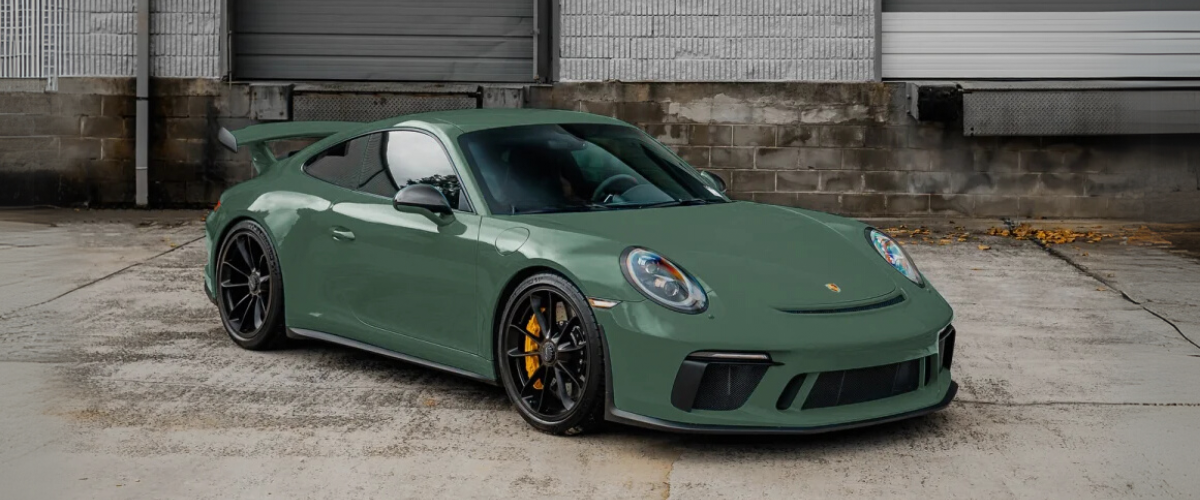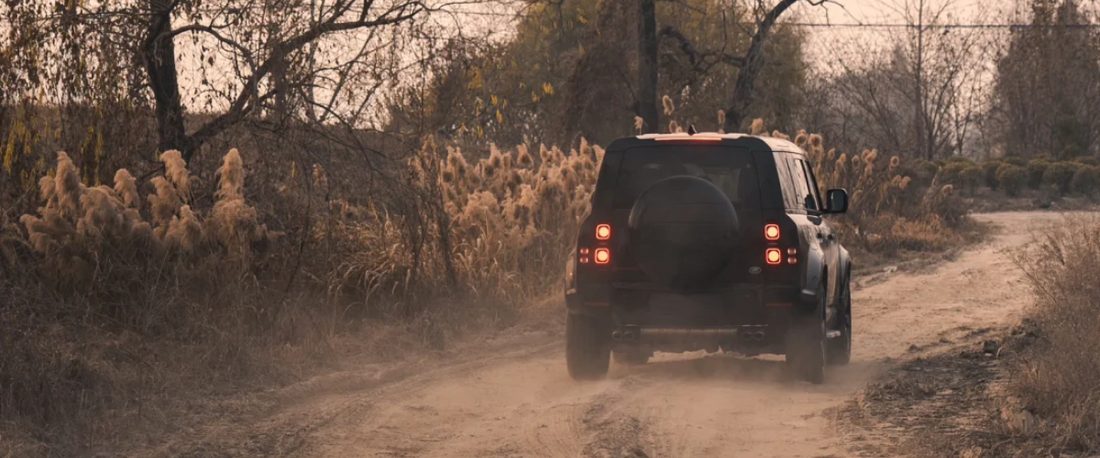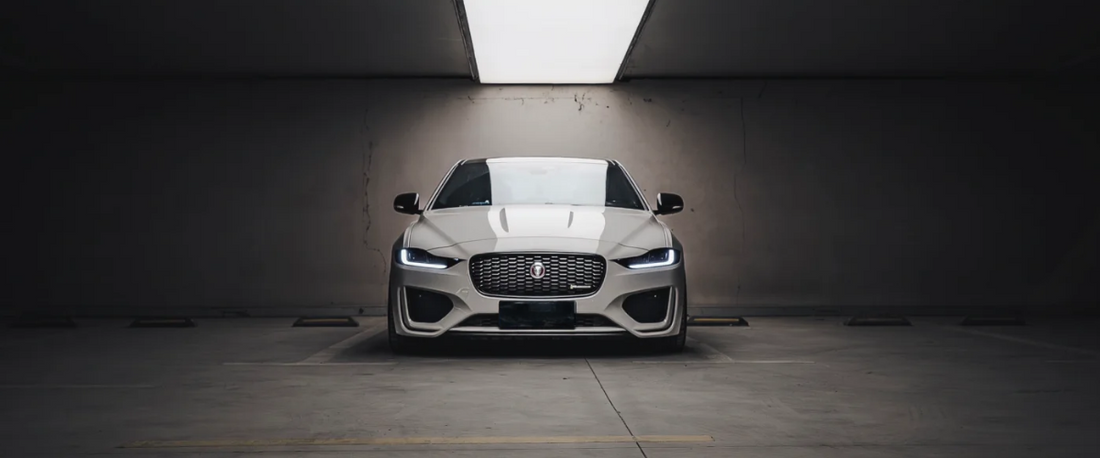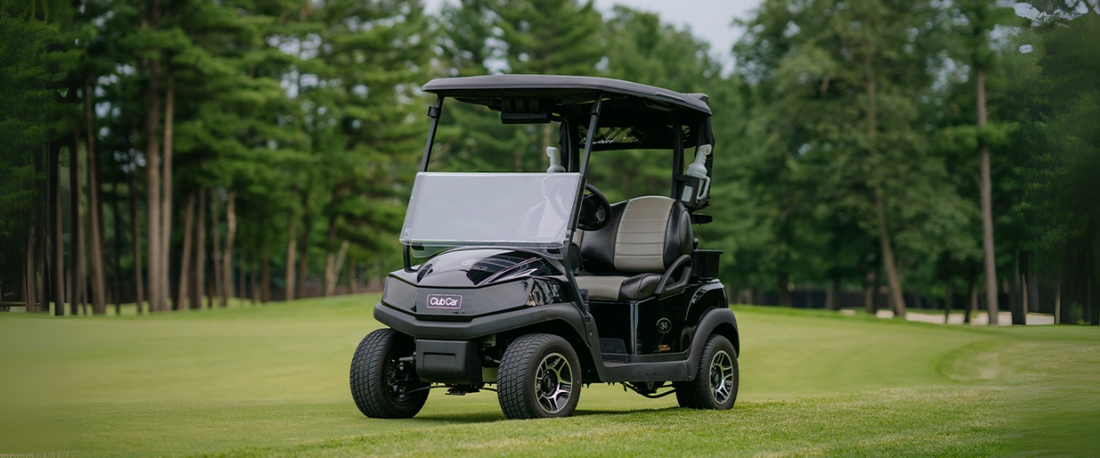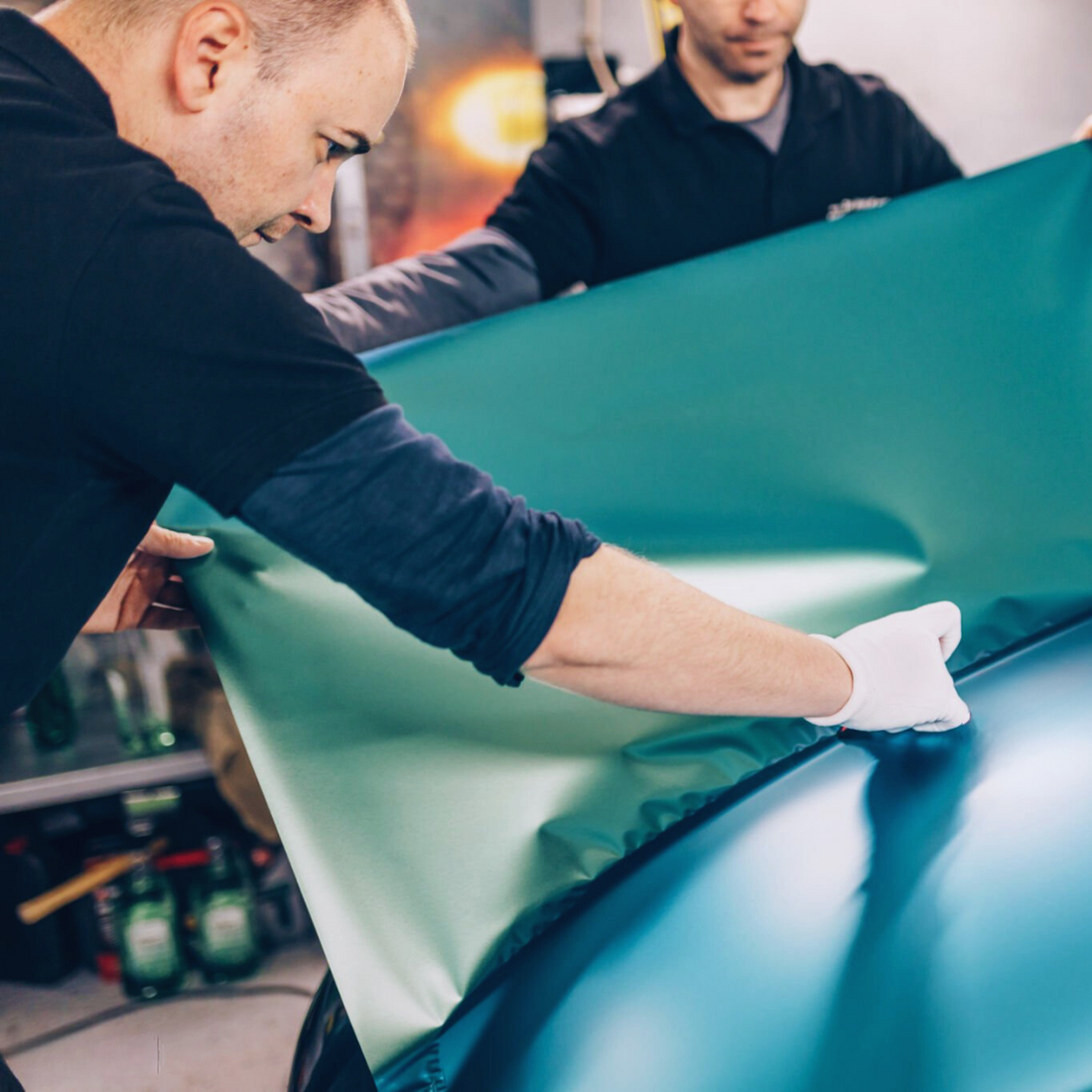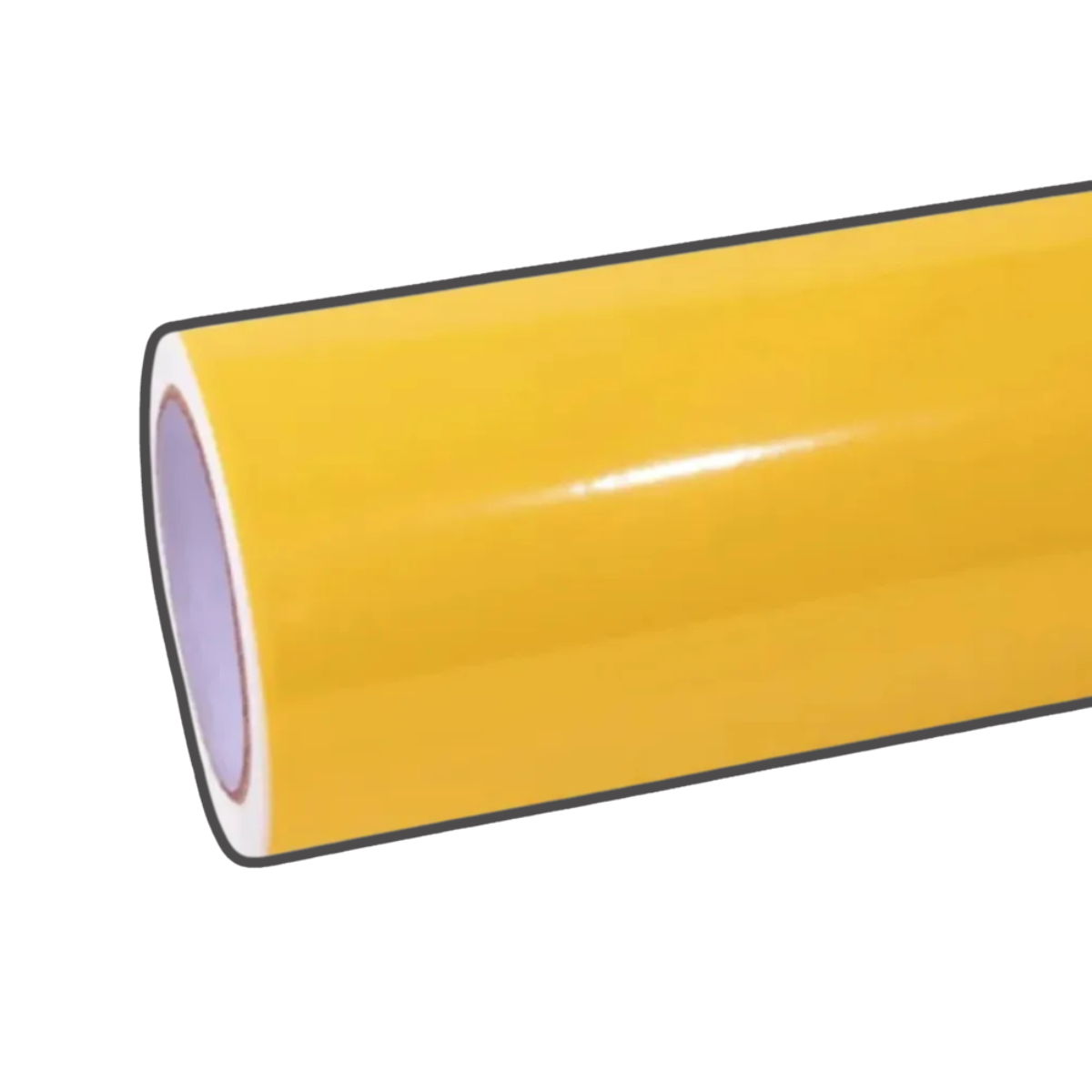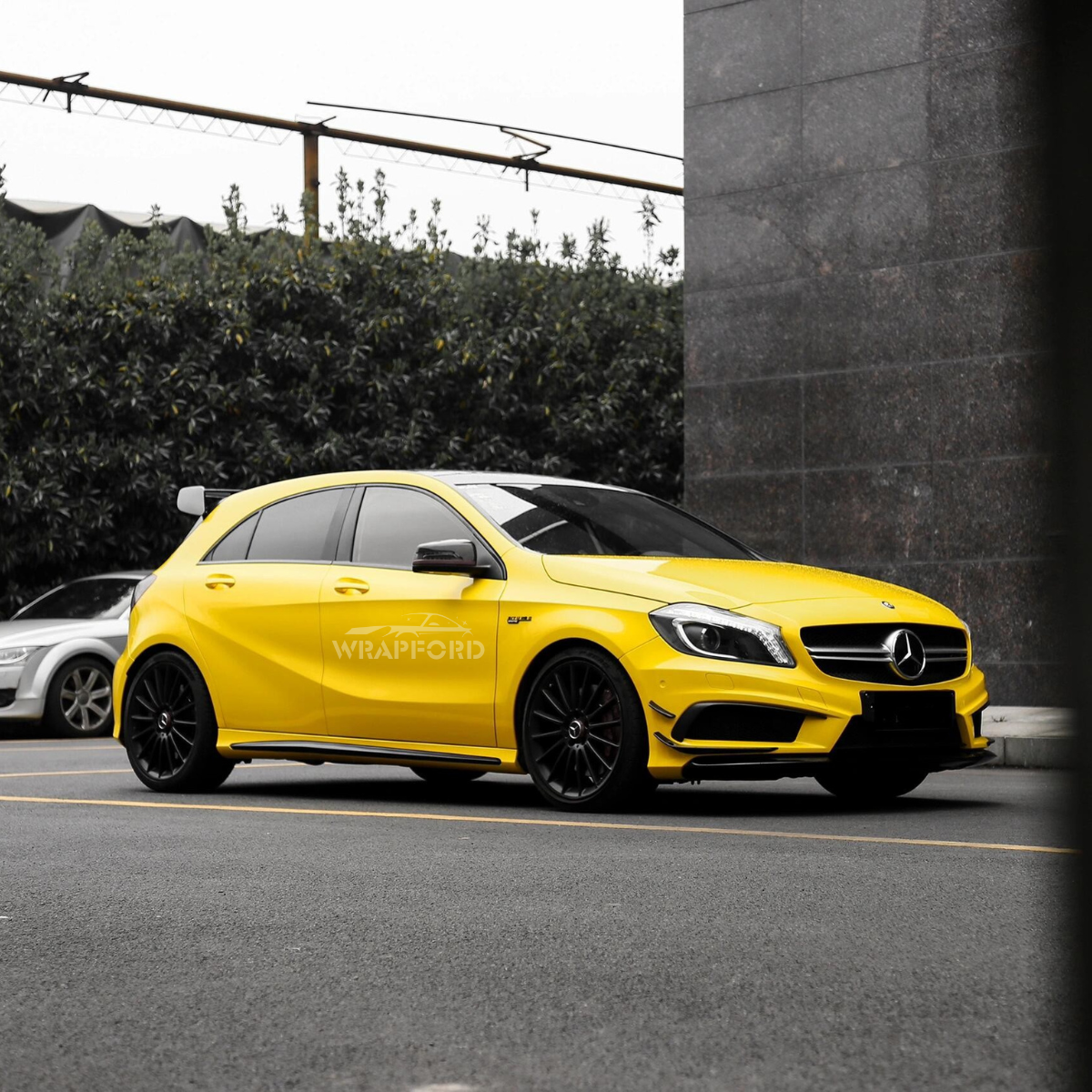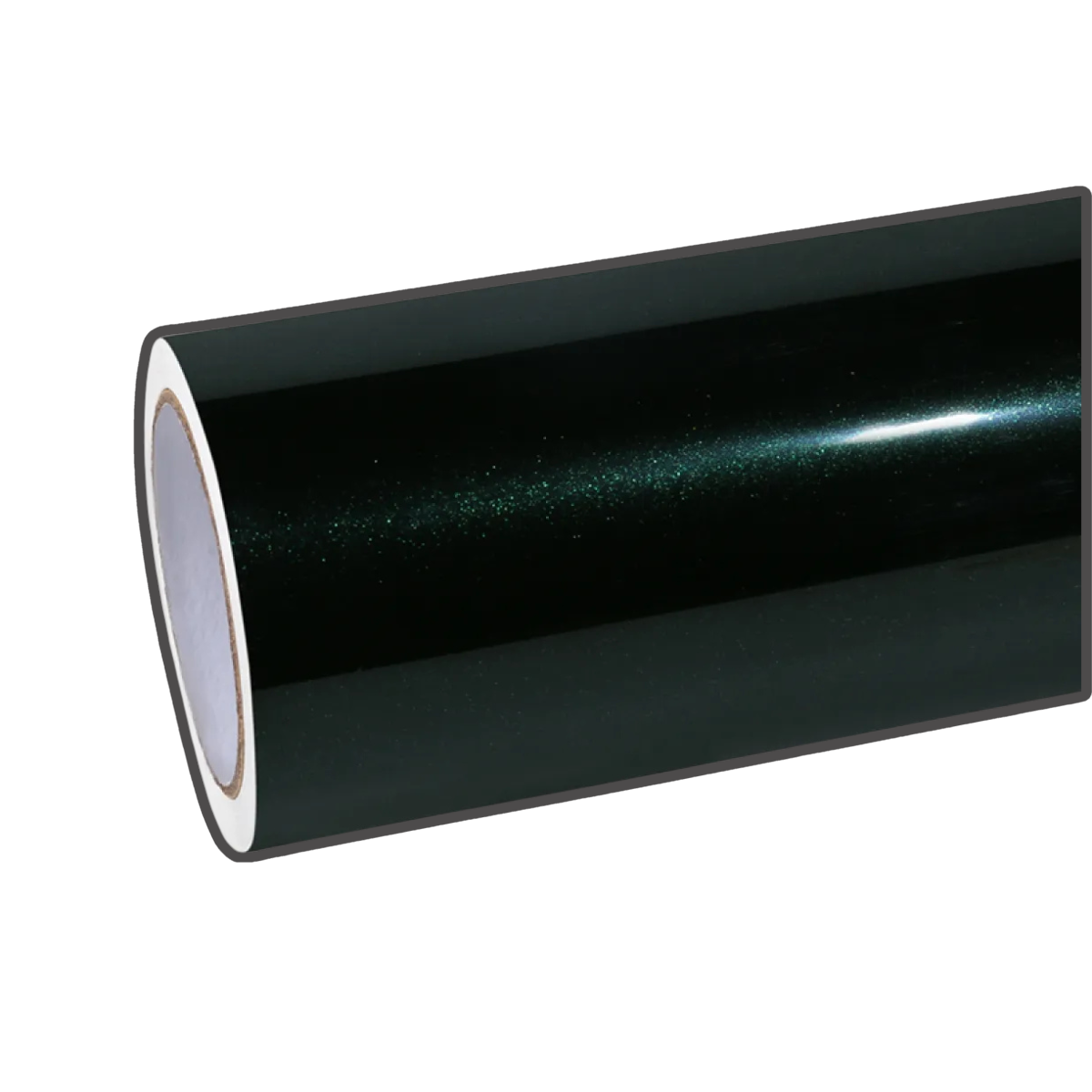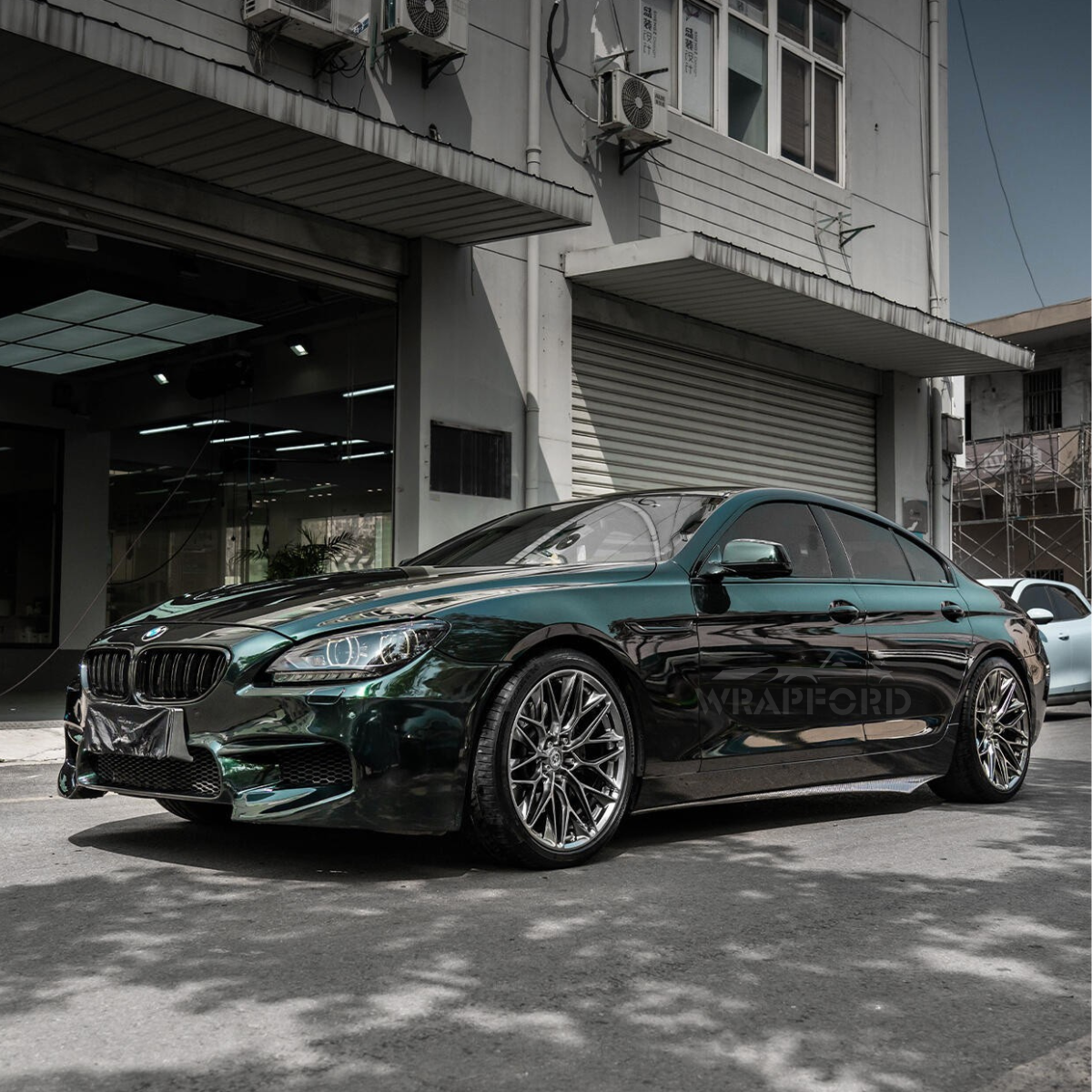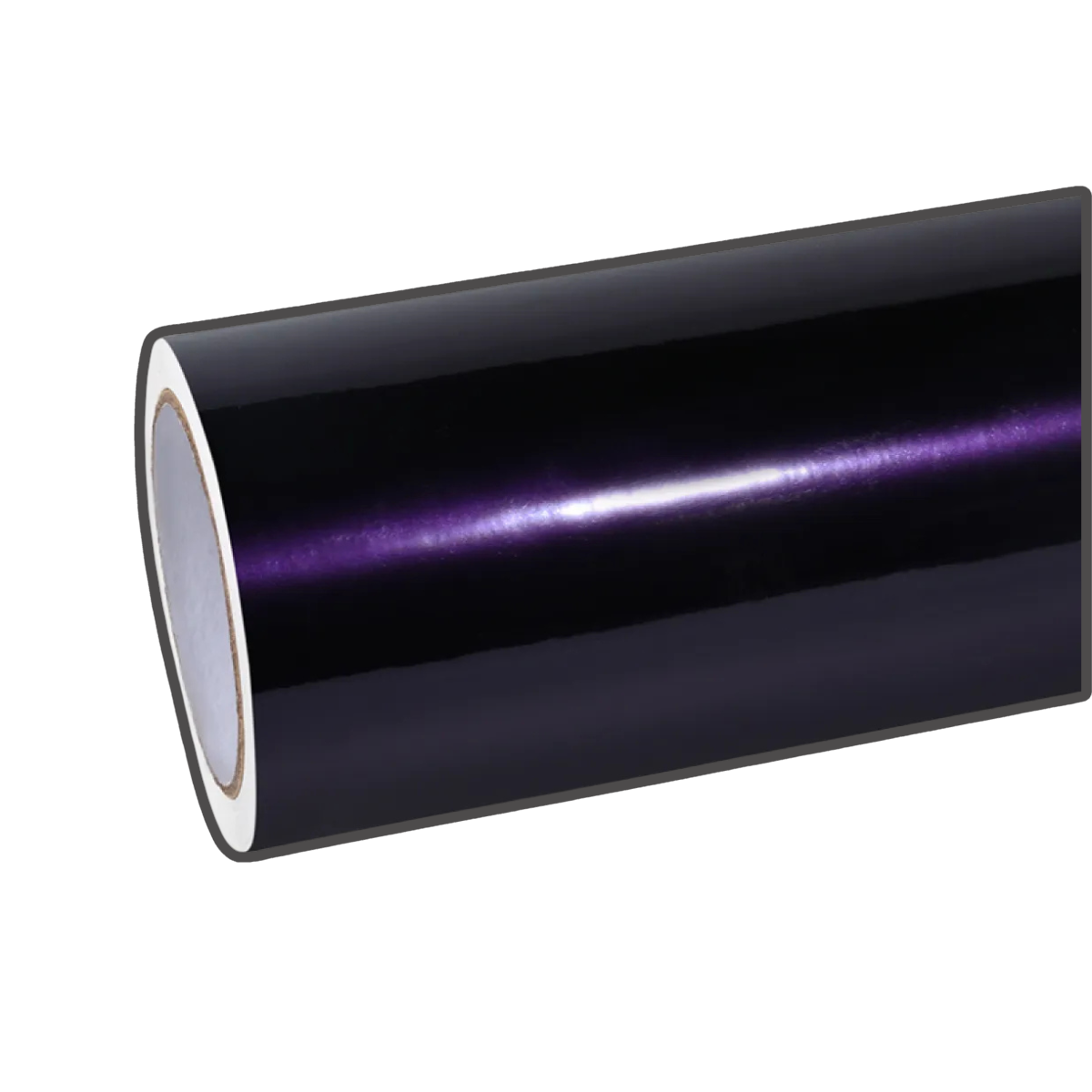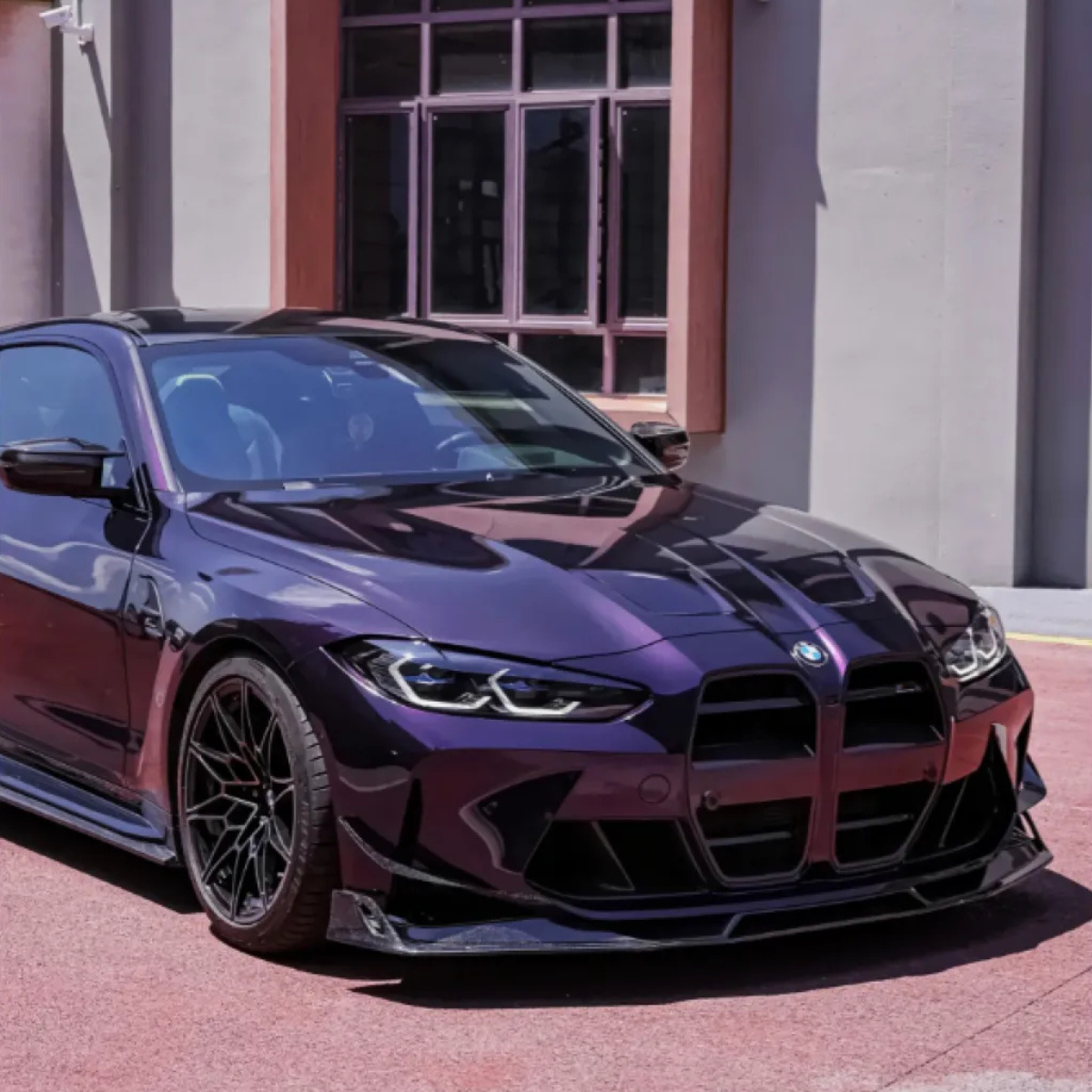Car wrapping has become increasingly popular since the mid-1990s. While it might appear straightforward, wrapping a car yourself requires careful planning, precision and skill - much more than simply sticking a sheet on your vehicle. How hard is it to wrap your own car? This article explores some of the challenges, tools and things to keep in mind when DIY car wrapping in order to help you decide whether doing it yourself or hiring professionals is better for you.

Understanding the Complications of DIY Car Wrapping
Wrapping your own vehicle may seem easy, but in reality, it can be quite complex. Vinyl application requires careful surface prep, exact measurements and special tools.
What Makes Vinyl Application Difficult
Applying vinyl wrap requires starting with a clean car, including fixing any damage and making sure its surfaces are smooth before beginning application of vinyl. Selecting an appropriate vinyl is key in order to avoid mistakes or uneven looks when installing it on your vehicle.
Tools and Equipment
In order to wrap a car yourself, specific vinyl wrap tools like squeegees, heat guns, and infrared thermometers will come in handy for making it smoother when applying vinyl and managing its temperature and tension to achieve the optimal look.
Environmental Considerations
Your working conditions have an enormous effect on a car wrapping project. For optimal results, aim to work in temperatures ranging between 15-24°C (60-75°F) in an uncluttered space to avoid bubbles or other issues that might arise during application.
Wrapping your car can be both rewarding and complex. However, with the proper tools, prep, and consideration given to its surroundings, you may achieve impressive results yourself - however, how hard is it to wrap your own car? If you prefer an easier process, perhaps hiring a pro would be best.

Can I Wrap My Car Myself? – Key Preparation Steps
Wrapping your car can be an enjoyable DIY project, but preparation is key to its success. Begin by meticulously cleaning its surface to eliminate wax, dirt and grease that could prevent vinyl from adhering properly - make sure that its surface is smooth and dry prior to proceeding with this task.
Next, carefully measure your vehicle to establish how much vinyl will be necessary. Always leave some extra material behind for mistakes or adjustments. If you're new to this, it's a good idea to learn to wrap cars before starting. Here is a general idea of how much vinyl you may require depending on car parts and vehicle types:
| Wrap Area | Recommended Size (ft) | Application |
| Fender | 5' x 3.3' | Suitable for all vehicle types. |
| Hood | 5' x 10' | Applicable to all vehicle types. |
| Roof | 5' x 10' | Ideal for sedans, SUVs, and trucks. |
| Bumpers | 5' x 16' | Applicable to all vehicle types. |
| Trunk | 5' x 10' | Suitable for most vehicle types. |
| Doors | 5' x 5' per door | Ideal for sedans, SUVs, and vans. |
| Window Wrap | 5' x 5' per window | Perforated vinyl for advertising or design. |
| Racing Stripes | Variable | Custom lengths depending on the car. |
| Decals | Variable | Custom lengths depending on the car. |

Common Challenges and Technical Aspects
Wrapping a car can be complex due to its intricate contours. Parts like wing mirrors, bumpers and door handles must often be taken off for proper fitting; this process could take hours or days depending on its size and complexity.
One key part of wrapping involves being adept with various kinds of vinyl. Trimming and smoothing out edges and corners requires skill, patience, and practice, so gaining experience on small parts such as mirrors or bumpers before taking on larger sections may help build confidence. Furthermore, using quality vinyl wrap tools such as Wrapford Vinyl Wrap may be ideal – with its superior quality at an attractive price point, it provides the ideal opportunity to gain experience before tackling larger ones.
Common Challenges and Technical Aspects
Modern cars feature intricate curves and contours, making the wrapping process even more difficult. Achieving a seamless finish requires precision as well as using tools such as heat guns and squeegees; in areas with deep curves, it may also be beneficial to use heat to soften vinyl material and eliminate bubbles or wrinkles in the wrapping material.
Wrapping a car requires both time and expertise, depending on its design and skill level, and your chosen vinyl (such as 3M or Avery Dennison for durability); however, for those on a tight budget who wish to experiment or use their wrap in non-commercial applications, a more cost-effective alternative such as Wrapford can offer great results without incurring such high prices.
Car wrap problems often appear on certain parts of a vehicle's design, particularly small details or curves around wheel arches or intricate trim that prove particularly challenging to cover. Careful trimming and smoothing out are required, along with patience when taking down old wraps or paint films previously applied to your vehicle.

Wrapping your car yourself may seem appealing but can be dangerous; professional help may often provide more efficient results.
Conclusion
Car wrapping may appear like an engaging DIY project, but it comes with many challenges. Prep work includes cleaning, repairing and smoothing surfaces prior to applying wrap material; heat guns or squeegees may be needed for intricate curves or contours; without proper skills or experience, car wrap problems such as bubbles may form, leading to wrinkles, uneven finishes or unnecessary spending that lead to less-than-ideal results and outcomes.
Professional car wrappers possess all of the tools and expertise to deliver stunning results, including handling intricate designs while adhering vinyl flawlessly to all surfaces. Their efficiency reduces time and effort required, with many offering guarantees to protect their investments over the long term.
DIY car wrapping may appear cost-effective at first, but often leads to frustration and additional expenses in correcting errors. Professional wrapping ensures high-quality finishes while protecting the surface of your car and saving time in the long run; professional car wrapping provides reliable results with polished outcomes for those seeking long-term solutions; choosing professional car wrapping is often a smarter and more practical choice for long-term solutions.


